The British Army must be held to account
Share:
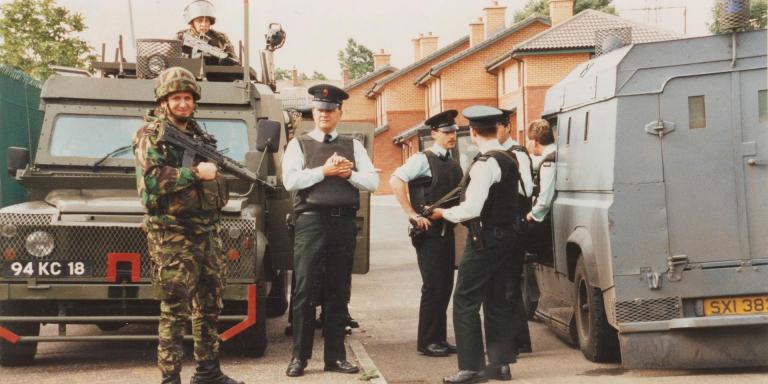
It’s been about 60 years since the Troubles began in Northern Ireland, with the Good Friday Agreement of 1998 bringing much of the tension to an end. A sectarian conflict, arguably lasting centuries; its foundation on the colonisation and exploitation of Ireland since the Tudor period. A nation of six counties still occupied by Britain, the Troubles evidence how corrupt the justice system is.
The case of Northern Ireland shows that the military must be held to account for the lives lost and discrimination experienced by Irish Catholics.

Conservative Party MP Johnny Mercer resigned from the role of Minister for Defence People and Veterans in protest against the exclusion of British Army soldiers who served in Northern Ireland from the Overseas Operations Bill.
The Bill provided protection of prosecution in an enquiry into crimes committed by British Army veterans serving in other countries. Mercer, upon his resignation, said that he could not continue in this role due to the fact that “veterans are being sectioned, drinking themselves to death and dying well before their time, simply because the UK government cannot find the moral strength or courage we asked of them in bringing peace to Northern Ireland [by] finding a political solution to stop these appalling injustices”.
I think it’s easy to mark soldiers who participated in killings as innocent when Tories like Mercer are pictured hugging elderly men after they have been cleared of their charges.
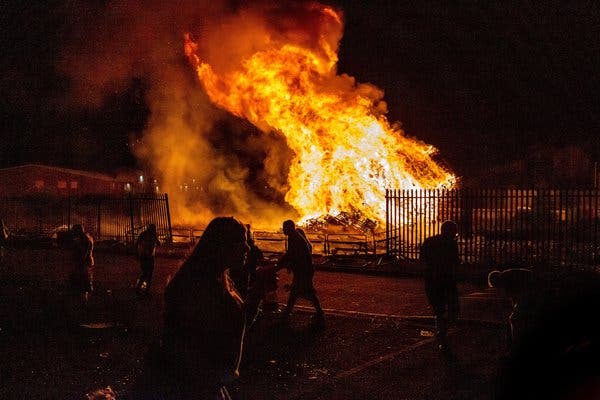
Considering the recent Black Lives Matter protests, with the phrase ‘ACAB’ reviving since its creation in the 1920s, the justice system has been shown for what it’s worth: corrupt, unjust, and racist; a system used to uphold colonial activities, a panopticon for the underrepresented.
These veterans are not innocent. They are not in the same category, nor experience, as innocent black men who are killed by police officers. These are officers who, as part of the British Army, relentlessly killed innocent civilians to uphold colonial power.
After the Partition of Ireland in 1920, Irish Catholics in Northern Ireland faced dogged state violence. This persecution led to the revival of the previously dormant Irish Republican Army, known as the IRA.
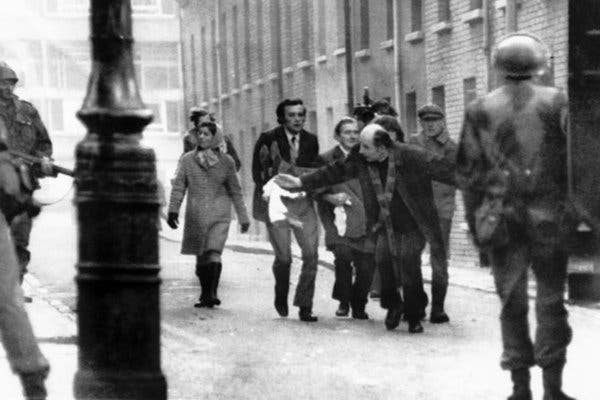
The British reaction to the increased resistance (after atrocities such as the burning out of Bombay Street in Catholic Belfast by loyalist gangs in 1969, leading to more organised resistance groups) was Operation Demetrius: imprisonment without trial. The British Army, with the help of police, stormed Catholic communities, imprisoning hundreds and making 7,000 of them refugees.
After Catholics in Bogside, Derry, rebelled against the police, the area became an autonomous zone for three years, where ‘Free Derry’ became an icon of the abolition of British rule. Despite this, the British Army introduced “five techniques” of illegal interrogation, with Amnesty International labelling this “torture”.
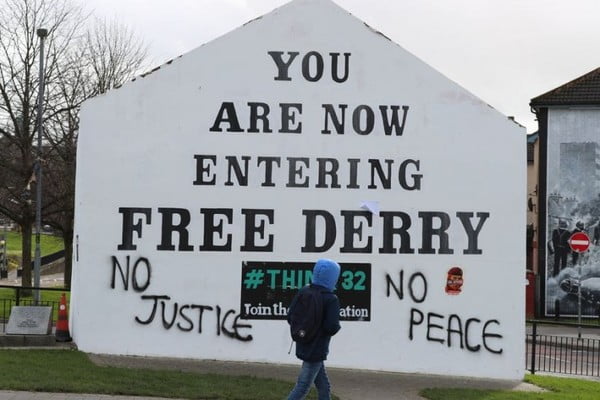
During an anti-internment march in Derry, 26 unarmed Catholic protesters and bystanders were shot by soldiers from the 1st Battalion, Parachute Regiment; 14 were killed. The Widgery Tribunal largely cleared the soldiers of blame and is regarded as a whitewash by the Catholic community.
A second inquiry, the Saville Inquiry, concluded in 2010 that the killings were “unjustified and unjustifiable”. And yet, whilst Catholics were killed and faced internment without trial, soldiers who committed atrocities remain free.
The De Silva Report found that, during the 1980s, 85% of the intelligence that loyalists (those wishing to remain part of the United Kingdom) used to target people came from the army and police. A 2006 Irish Government report alleged that British soldiers also helped loyalists with attacks in the Republic of Ireland.
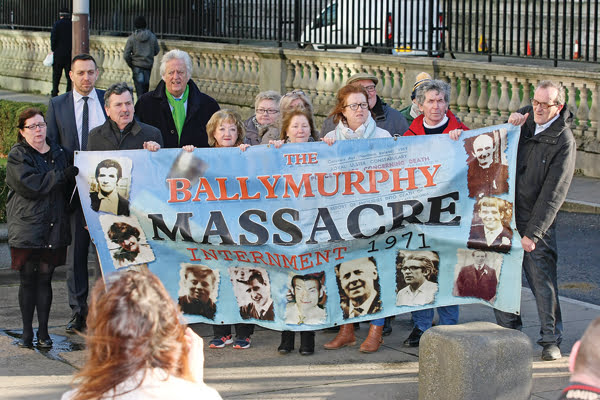
The Ballymurphy Massacre of 1971 has been the most recent of attacks to face a second enquiry, with British soldiers being given amnesty from prosecution, despite the killing of ten innocent people.
Johnny Mercer tweeted to dismiss the enquiry as “something that happened 46 years ago”. That something being the ten innocent people killed by the British Army.
Recommended Reading: Northern Ireland backstop explained
“Something” is still evident today of a persistent colonisation of Ireland. Justice for these innocent people is needed in a time of renewed tension. In April this year, we saw loyalist riots for British control spillover dedicated peace borders into Catholic communities, whilst the British Army and its soldiers still benefit from superior powers to block the threat of a legal, guilty prosecution.
The criminal justice system is corrupt in many ways, and whilst it needs reforming, Irish Catholic families deserve justice for crimes committed against them that are tactful: based on their identity, religion, and resistance against imperial colonial power.
